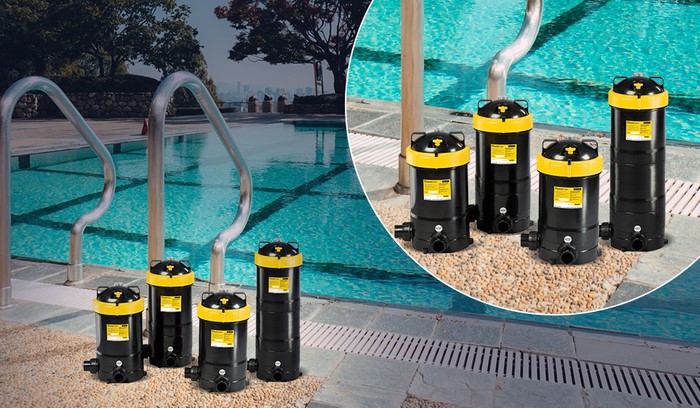Smart Strategies to Transform Your Pool into an Energy-Efficient

Searching for ways to cut down on energy costs and heating expenses for your residential pool? An energy-efficient pool with optimised equipment can benefit both your wallet and the planet. From convenient heating options to adjusting schedules, there are numerous techniques available to decrease your pool’s energy consumption. Read on to discover the top ideas for maximising energy savings while enjoying your personal backyard oasis.
Evaluate Your Pump and Filter
Two of the biggest energy drains on your pool are the pump and filter systems. Older or improperly sized pool pumps and undersized filters have to work a lot harder, using more electricity in the process. Have a pool professional test and service your pool pump to ensure it’s running at optimal efficiency. They can determine if it’s time to replace it with a more efficient variable-speed or multi-speed pump.
You’ll also want to check if your pool filter needs to be upgraded to a more efficient model. Cartridge and DE filters tend to use less energy than old-fashioned sand filters. Keep filters clean as well, so the pump doesn’t have to work as hard pushing water through clogged media.
Use a Pool Cover
Using a solar pool cover or liquid pool cover when the pool is not in use can be one of the most effective ways to conserve energy. Pool covers form a protective barrier over the water that reduces evaporation and heat loss by up to 95 percent compared to an uncovered pool. This means you’ll spend less money reheating the water for comfortable swimming. The reduced evaporation also decreases the need for costly refills with fresh water.
Add a windbreak
A windbreak around the pool blocks the wind, slowing evaporation so less water is lost. This also decreases the amount of energy needed for heating since the water doesn’t lose heat as quickly. Some options for wind barriers include tall plants or trees, fencing, or an outdoor structure. Adding this feature helps retain both water and heat in your outdoor pool.
Use Solar Pool Heating
Harnessing the natural power of the sun is one of the simplest approaches to lowering pool heating costs. Solar heating systems use rooftop collectors and pumps to harness heat from sunlight and transfer it to pool water. Though solar heaters do come with purchase and installation costs, the investment typically pays for itself within a few years.
Change Pool Lighting
Traditional incandescent and halogen pool lights consistently consume electrical power and are notoriously inefficient. Swap out these with LED or solar-powered lights to save energy and money. Solar lights recharge all day in the sun and turn on automatically at night with no electricity required. LED lights last for years and use at least 75 per cent less energy compared to other bulb types. Installing timers or sensors to control lighting based on needs instead of running it around the clock.
Improve Filtration Efficiency
Beyond upgrading pumps and pool filters, also check that your plumbing lines are sized correctly. Oversized plumbing can force the pump to work harder to push the water through. Ensure all bends in pipes are long-radius curves as sharp angles also reduce flow.
The Bottom Line
With some upgrades to equipment plus adjustments in your pool maintenance practices, your swimming pool can shift from energy hog to efficiency. Contact pool professionals to evaluate your current system and offer recommendations tailored to your pool. Investing in some energy-smart equipment can help you achieve noticeable savings.
